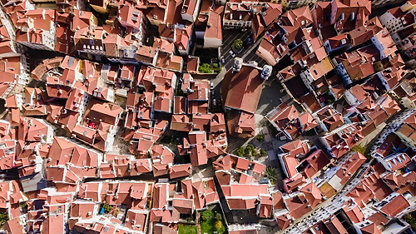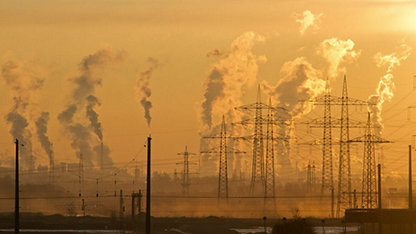In February 2024, the European Parliament approved the Nature Restoration Directive, which aimed to restore 20% of the EU's land and sea areas by 2030 and achieve full ecosystem restoration by 2050.
In June 2022, the Commission proposed a nature restoration law to contribute to the long-term recovery of damaged nature across the EU, to achieve climate and biodiversity objectives and to reach international commitments, particularly the UN Kunming-Montreal Global Biodiversity framework.
This legislation is responding to citizens' expectations concerning the protection and restoration of biodiversity, the landscape and oceans as expressed in the conclusions of the Conference on the Future of Europe.
The EU Nature Restoration Law will restore degraded ecosystems in all member states, help achieve the EU’s climate and biodiversity objectives and enhance food security. To reach the overall EU targets, the law mandated for Member States to:
- Restore at least 30% of habitats covered by the new law (from forests, grasslands and wetlands to rivers, lakes and coral beds) from poor to good condition by 2030, increasing to 60% by 2040, and 90% by 2050.
- Prioritise Natura 2000 areas until 2030 and prevent significant deterioration thereafter.
- Adopt national restoration plans outlining strategies to achieve targets.
- Assess agricultural ecosystems using specific biodiversity improvement indicators, including the grassland butterfly index and organic carbon stock. Notably, the law provides for an emergency brake, as requested by Parliament, so targets for agricultural ecosystems can be suspended under exceptional circumstances if they severely reduce the land needed for sufficient food production for EU consumption.
- Ensure positive trends in forest ecosystem indicators and plant three billion trees.
- Restore at least 25,000 km of rivers to free-flowing status and ensure there is no net loss in the total national area of urban green space and urban tree canopy cover.
After the vote, rapporteur César Luena (S&D, ES) said: “Today is an important day for Europe, as we move from protecting and conserving nature to restoring it. The new law will also help us to fulfil many of our international environmental commitments. The regulation will restore degraded ecosystems while respecting the agricultural sector by giving flexibility to member states. I would like to thank scientists for providing the scientific evidence and fighting climate denial and young people for reminding us that there is no planet B, nor plan B.”
The agreement, adopted with 329 votes in favour, now awaits approval by the Council before being published in the EU Official Journal and entering into force 20 days later.
Download
Published date: 28 February 2024













